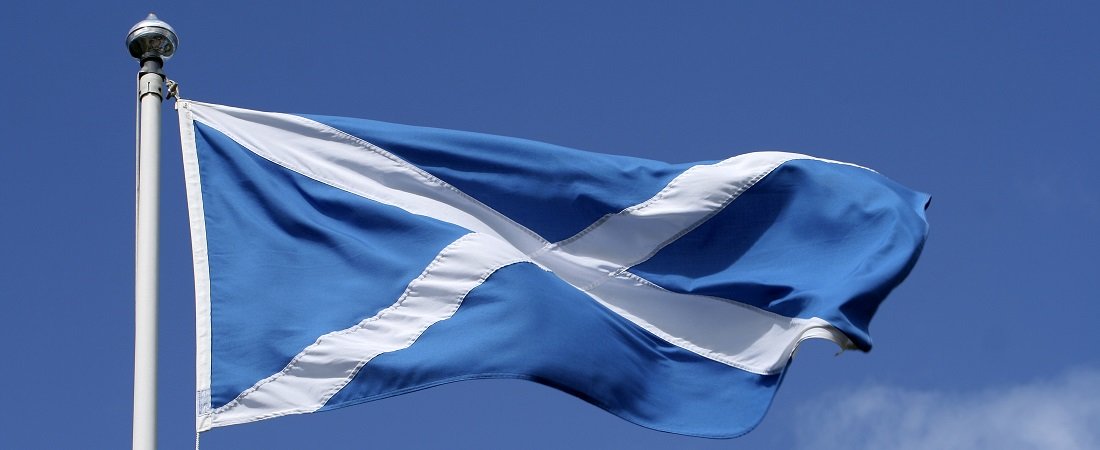The voters have decided, and Alex Salmond’s lifetime project of Scottish independence ended in failure, bringing the curtain down on his leadership. But hopes in Westminster that this blows the SNP away for a generation are probably misplaced. It has emerged from the referendum with a new purpose and a strengthened identity. In May their offer to voters might be as strong as ever.
The referendum on Scottish independence came down, as the SNP always expected, to a rather closer finish than the early polls suggested. The hope among pro-union parties has always been that this would leave the SNP without a rationale for existence. But in some respects the outcome has had the reverse effect.
First, the increasingly urgent promises during the campaign of new powers for the Scottish Government leave open a negotiation process which could take years. This gives a rationale to the presence at Westminster of SNP MPs, who will push for the greatest possible handover of powers and symbolic trappings.
Second, the SNP deliberately built a campaign not just around Scottish identity but also an ideological identity which they presented as native to Scotland. By painting the SNP as the bulwark against Tory-leaning England, they blurred the constitutional and the personal to significant effect.
But at the same time, they also may have proven the appetite in Scotland for policies to which Labour cannot commit. With the right-leaning vote all but collapsed North of the border, the SNP’s strong commitment to the welfare state and redistribution might well seem the natural choice to a significant proportion of Scottish voters.
The third reason for optimism in the Nationalist ranks is that the UK polls tell us to expect another tight result next year, and quite possibly another round of coalition negotiations. The six (or more) MPs which the SNP send to Westminster will never have a stronger negotiating hand. This could play out in national policy or, more likely, the devolution discussions.
It could even be that a strengthened SNP showing at the general election, and a renewed mandate in Holyrood, emboldens nationalists to think a tight result in the referendum has settled nothing. Although the national appetite for a ‘neverendum’ is tiny, the SNP might be able to sketch a path to a further review in the future.
All of which represents something of a nightmare scenario for the Conservatives, who had hoped to close the question of independence for the foreseeable future. It is also a blow to Labour, who must fight on two fronts in the country it has helped keep together.






